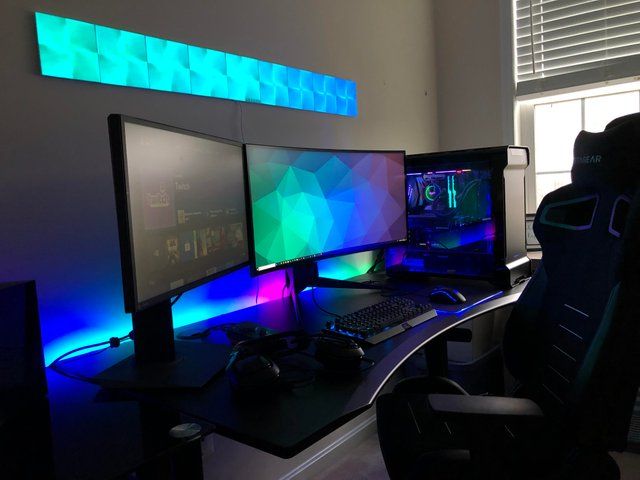In recent years, gaming has transcended its status as a mere form of entertainment, evolving into a cultural phenomenon that captivates millions worldwide. Beyond the flashing screens and intricate controllers, there lies a profound and intricate psychology that underpins the gaming experience. This article delves into the fascinating world of gaming psychology, shedding light on the intricate facets of player behavior, motivation, and emotions.
The Allure of Gaming: A Psychological Perspective
Escapism and Stress Relief
Gaming, for many, offers a sanctuary from the rigors of daily life. It provides a safe haven where individuals can temporarily escape their problems, transforming into heroic avatars or embarking on epic adventures. This form of escapism offers a much-needed respite, allowing players to recharge and reset their minds, reducing stress and anxiety.
Achievement and Mastery
The allure of gaming lies in the sense of accomplishment it provides. Whether conquering difficult challenges, mastering complex game mechanics, or achieving high scores, gamers experience a dopamine rush with each accomplishment. This drive for achievement is deeply ingrained in human psychology, and gaming offers a structured environment where players can satisfy this inherent need.
Social Connection
Contrary to the stereotype of the isolated gamer, the gaming world has evolved into a vibrant social ecosystem. Multiplayer games, in particular, enable players to forge connections with people from diverse backgrounds. These virtual friendships can often evolve into real-life relationships, proving that gaming can be a catalyst for social interaction.
The Gamification of Reward Systems
One of the most intriguing aspects of gaming psychology is the intricate web of rewards and feedback loops designed to keep players engaged. Developers employ various strategies to trigger the brain’s pleasure centers, ensuring players keep coming back for more.
Rewards and Dopamine
The concept of “loot boxes” in many games exemplifies how developers tap into the brain’s reward system. These virtual boxes contain random items, fostering anticipation and excitement. When a player receives a coveted item, dopamine levels surge, creating a sense of euphoria. This cycle of reward and anticipation mirrors the neurological responses seen in traditional forms of gambling.
Skinner Box Effect
The Skinner Box, a psychological concept, is often used in game design. It involves the intermittent reinforcement of rewards, where players are uncertain about when they will receive a reward. This unpredictability keeps players engaged, as the brain constantly seeks the next thrill. It’s no wonder that many gamers find themselves addicted to their favorite titles.
The Dark Side of Gaming Psychology
While gaming offers numerous benefits, it’s essential to acknowledge the potential downsides of excessive gameplay.
Gaming Addiction
Excessive gaming can lead to addiction, characterized by a compulsive need to play that interferes with daily life. Gaming addiction shares similarities with other forms of addiction and can have detrimental effects on mental and physical health.
Aggression and Desensitization
Some studies have suggested a link between violent video games and increased aggression in players. While this topic remains a subject of debate, it’s crucial to monitor the content consumed by younger players and maintain a healthy balance between gaming and other activities.

Balancing Act: Maintaining a Healthy Relationship with Gaming
Understanding the psychology of gaming is crucial for both players and parents. Here are some tips for maintaining a healthy relationship with video games:
- Moderation: Set limits on gaming time and ensure that it doesn’t interfere with daily responsibilities.
- Content Awareness: Be mindful of the games you and your children play. Choose age-appropriate and non-violent options.
- Social Interaction: Encourage playing with friends or family to foster social connections.
- Physical Activity: Balance screen time with physical activities to promote a healthy lifestyle.
Conclusion
Gaming is far more than just a pastime; it’s a complex psychological journey. From the joy of achievement to the lure of rewards and the potential pitfalls of addiction, understanding the psychology of gaming is essential for navigating this digital realm. By striking a balance between entertainment and responsibility, we can all enjoy the fascinating world of gaming while maintaining our mental and physical well-being. For more insights and further information about gaming, explore the possibilities now!

